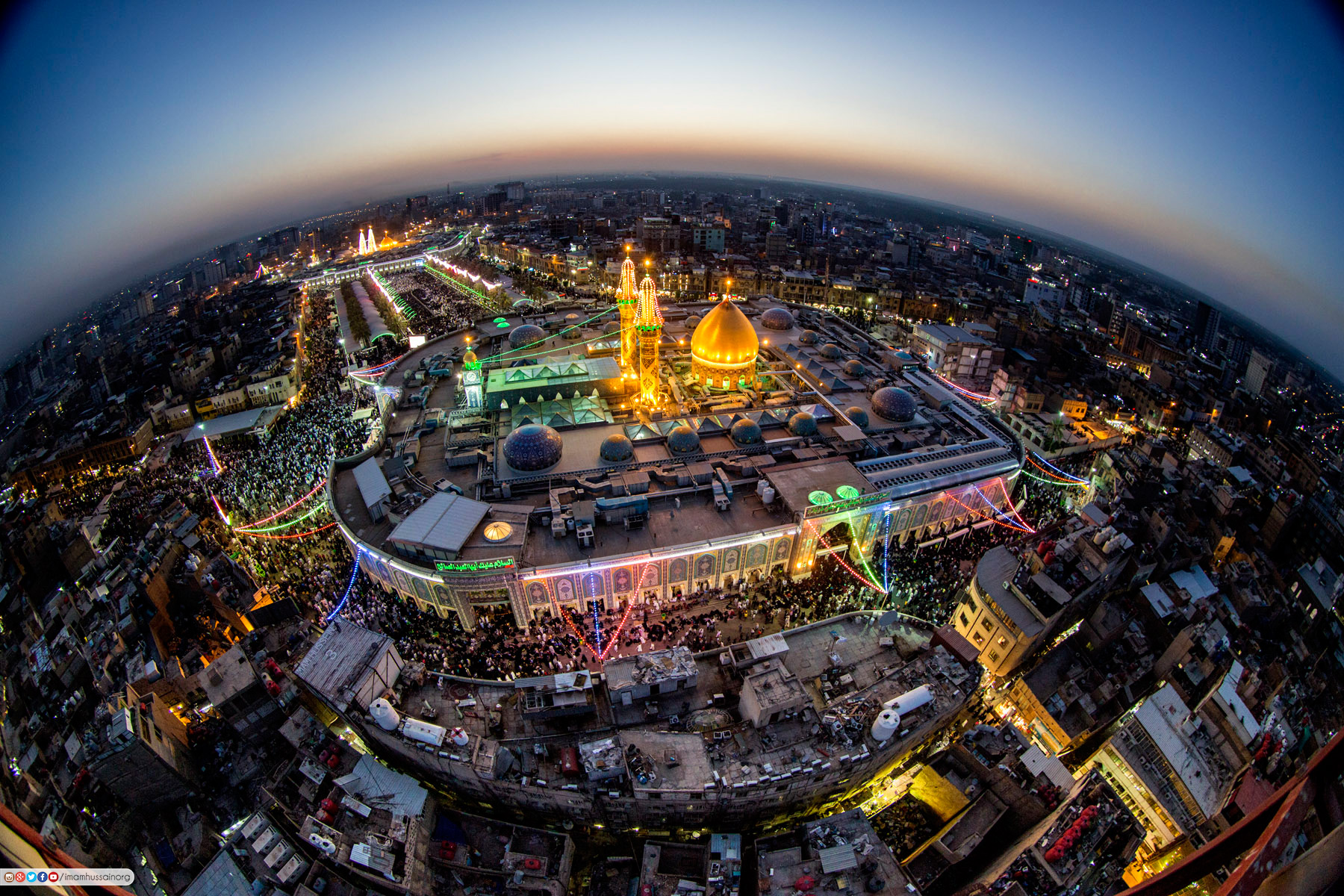Imam Hussain and Human Rights –Part 2-

Equality among People
Allah has created all people from the earth: “And of his signs that he created you from the earth and became humans scattered throughout the earth.” Holy Quran 30:20. This is why the white has no privilege over black nor does the Arab have privilege over non-Arab except in piety and good acts.
The Quran repeats that in other places stating that people were created from the earth and they came from one soul. Allah says: “O mankind, fear your Lord, who created you from one soul and created from it its mate and dispersed from both of them many men and women.” Holy Quran 4:1
People are equal in their origin as our respectful Prophet said: “People are equal like comb teeth”(1). Islam rejects discrimination according to sex, color, origin, sectarian belonging and any kind of discrimination between people created by Allah from one soul and one earth. Equality among people, as one of the most important elements of social justice, means maintaining equality in religion, law, opportunities, public positions, privileges and benefits, and rights and tasks.
The suffering and problems in societies throughout the world today refer in part to biases in daily life, the lack of opportunities and different ways of discrimination that lead to social backwardness and a lack of social justice. Equality means rejecting discrimination on the basis of sex, language, nationality or region, and all are included within the oneness of human origin stated in the Quran: “O mankind, indeed we have created you from a male and a female, and made you into nations and tribes that you might know one another. The noblest of you before Allah is the most righteous of you, Allah is the Knower, the Aware.” Holy Quran 49:13. Divinity and superiority are only in piety, not in tribe, sex, origin nor any other diversity of mankind.
Imam Hussain in the day of Karbala focused on such values by placing his holy check on John’s, the black slave who had been owned by Abu Dhar al-Ghufari and the Turkish young man Wadhih Bin Aslam. It is the same mere act he did with his son Ali al-Akbar, who was a sign of perfection and beauty in order to stress the equality and humanity among people. This manifestation is the essence of human value that is found within the values of Imam Hussain.
1- Bihar al-Anwar, al-Majlisi, p. 251, No.99





